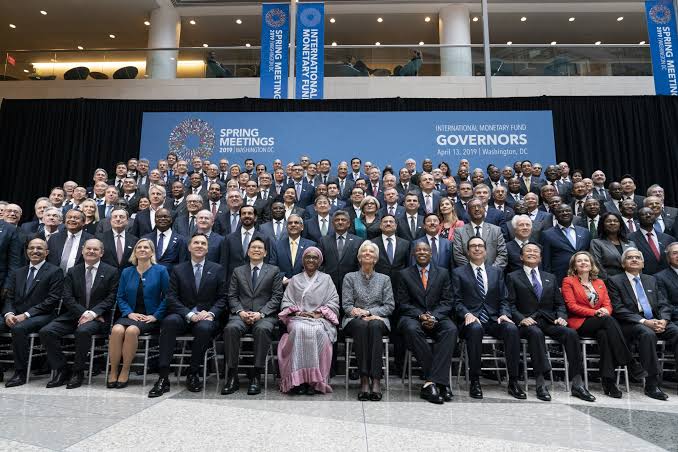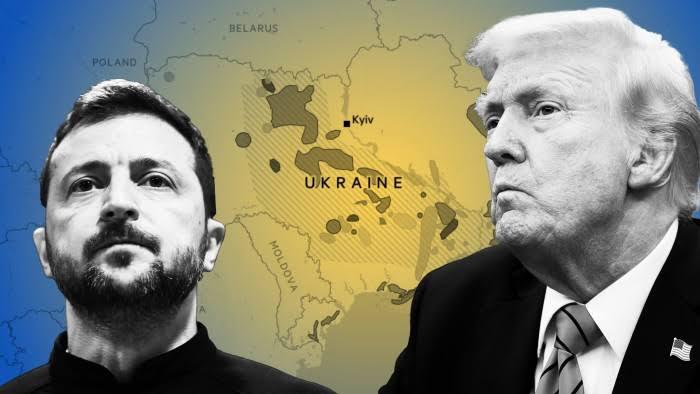
The Role of Global Institutions in Addressing Economic Disparities
Optimism, though tempered by realism, remains a guiding beacon. Strengthening cooperation among global institutions, governments, civil society, and the private sector holds promise. By fostering dialogue, sharing data, and reforming governance structures, we can enhance the efficacy of our collective endeavors.
In the intricate tapestry of global economics, the pursuit of fairness and equity stands as a defining challenge. As an economist deeply immersed in this realm, I am compelled to explore the multifaceted role of global institutions in addressing economic disparities and fostering equitable development across borders.
At the heart of this endeavor lie institutions such as the International Monetary Fund (IMF), World Bank, World Trade Organization (WTO), European Union (EU), and African Union (AU). Their mandates, ranging from policy assessments to technical assistance, serve as pillars in the quest for economic parity. Through initiatives like the African Continental Free Trade Area (AfCFTA), the AU exemplifies the potential for intra-continental collaboration to uplift nations and mitigate disparities.
However, amidst these triumphs, challenges persist. Geopolitical tensions, technological advancements, and the specter of climate change cast shadows on our pursuit of economic fairness. Despite the multitude of initiatives, inequality remains entrenched, demanding a reevaluation of our strategies and a redoubling of our efforts.
Optimism, though tempered by realism, remains a guiding beacon. Strengthening cooperation among global institutions, governments, civil society, and the private sector holds promise. By fostering dialogue, sharing data, and reforming governance structures, we can enhance the efficacy of our collective endeavors.
Yet, national entities play an indispensable role in this narrative. Central banks, ministries of finance, and regulatory bodies wield considerable influence in shaping economic trajectories. Their pursuit of sustainable growth, reduction of inequality, and enforcement of regulations complement the work of global institutions, amplifying our impact on economic equity.
It is imperative that we remain vigilant and adaptable in the face of emerging challenges. From the disruptive forces of technological innovation to the existential threats posed by climate change, the dynamics of the global economy are in constant flux.
However, true progress demands a holistic approach. Investments in education, infrastructure, and social safety nets are indispensable for equitable distribution of economic benefits. Similarly, combatting tax evasion, promoting transparency, and empowering developing countries to participate meaningfully in decision-making processes are critical steps towards fostering fair economic practices.
In this pursuit, the power of collective action cannot be overstated. International collaboration, underpinned by shared values and mutual respect, has the potential to transcend borders and transform economies. By harnessing the collective wisdom and resources of nations, we can navigate the complexities of the global economic landscape with greater agility and efficacy.
Moreover, the imperative for inclusivity looms large on our horizon. Empowering marginalized communities, amplifying the voices of the disenfranchised, and centering diversity in decision-making processes are imperative steps towards building a more just and inclusive economic order. Only by embracing the richness of human experience and acknowledging the inherent dignity of every individual can we hope to achieve lasting prosperity for all.
As we chart our course forward, it is imperative that we remain vigilant and adaptable in the face of emerging challenges. From the disruptive forces of technological innovation to the existential threats posed by climate change, the dynamics of the global economy are in constant flux. Yet, within this turbulence lies opportunity – an opportunity to reimagine our economic systems, to redefine our priorities, and to forge a future that is truly equitable and sustainable.
In the words of Mahatma Gandhi, “The true measure of any society can be found in how it treats its most vulnerable members.” As stewards of the global economy, we bear a profound responsibility to ensure that every individual, regardless of their circumstances, has the opportunity to thrive and prosper. Let us, therefore, rededicate ourselves to the noble pursuit of economic justice – not as an abstract ideal, but as a tangible commitment to building a world where fairness, dignity, and opportunity reign supreme.
In the final analysis, the quest for fair economic practices is not merely a technical endeavor; it is a moral imperative, a testament to our shared humanity, and a beacon of hope for generations yet unborn. May we rise to the challenge with courage, compassion, and unwavering resolve, knowing that the future of our world depends upon our actions today.
______________________________
Dr Aram BELHADJ is a Sixteenth Council Senior Fellow



Zelenskyy: ‘President Trump is living in this disinformation space’